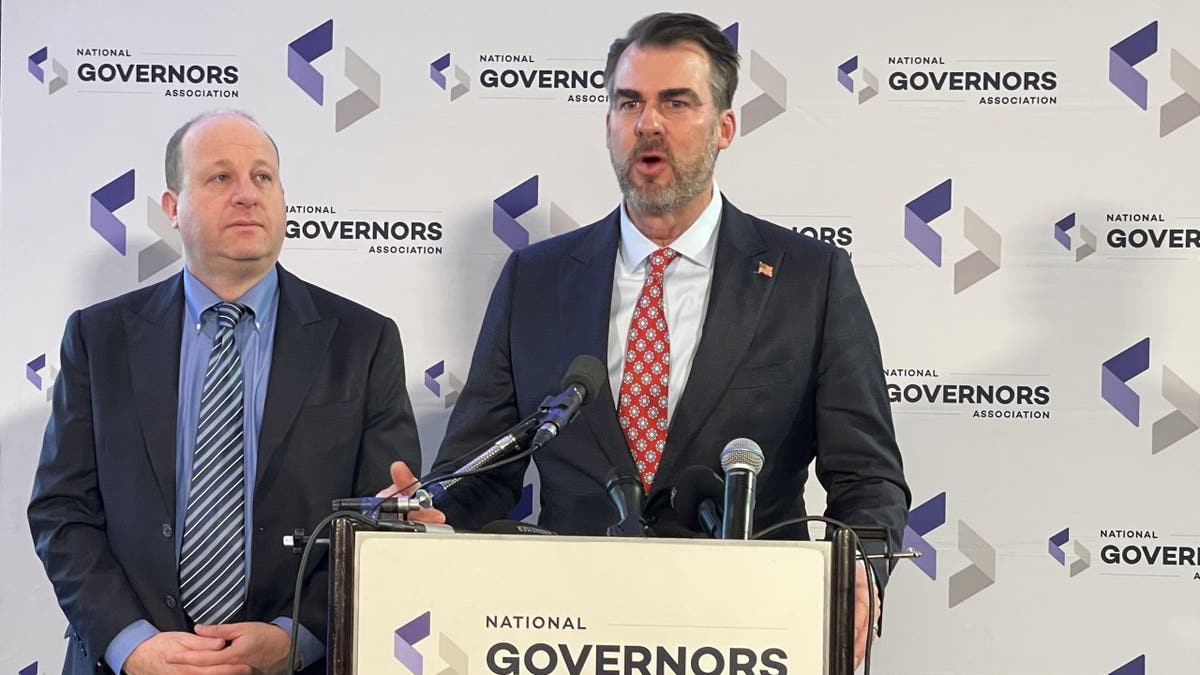In a remarkable feat for clean transportation, the H2Rescue truck, a collaborative project by Cummins Accelera, the U.S. Department of Energy, and the Department of Defense, has set a new Guinness World Record by traveling 1,806 miles on a single hydrogen tank.

The California-based journey saw the H2Rescue truck carrying 386 pounds of hydrogen, navigating traffic while maintaining speeds between 50 and 55 mph in temperatures ranging from 60 to 80 degrees Fahrenheit. A Guinness World Records adjudicator meticulously monitored the attempt, ensuring the hydrogen tank remained sealed throughout the trip.

The truck is equipped with a Cummins Accelera fuel cell engine and a 250-kilowatt traction motor. During the record-breaking run, it consumed 370 pounds of hydrogen, highlighting the efficiency of this technology. Remarkably, the truck's only emission was water vapor.

Compared to a conventional truck of similar size traveling the same distance, the H2Rescue truck prevented the release of approximately 664 pounds of carbon dioxide. This achievement underscores the potential of hydrogen-powered vehicles to significantly reduce greenhouse gas emissions.

Beyond its record-breaking capabilities, the H2Rescue truck is designed for practical application in emergency response situations. Its fuel cells can provide 25 kilowatts of power for up to 72 hours without refueling, enough to power multiple FEMA trailers. The 33,000-pound truck is built to transport vital supplies into disaster areas with potentially damaged infrastructure. Furthermore, it produces approximately one gallon of water per hour as a byproduct, a potentially useful feature in emergencies.

The Department of Energy estimates that replacing conventional emergency vehicles with H2Rescue trucks could save around 1,825 gallons of gasoline annually and reduce greenhouse gas emissions by 2.8 tons per year. This highlights the promise of hydrogen fuel cell technology in heavy-duty transportation and disaster relief.

The H2Rescue truck represents a significant step towards cleaner and more sustainable transportation solutions, particularly in sectors that are difficult to decarbonize.








